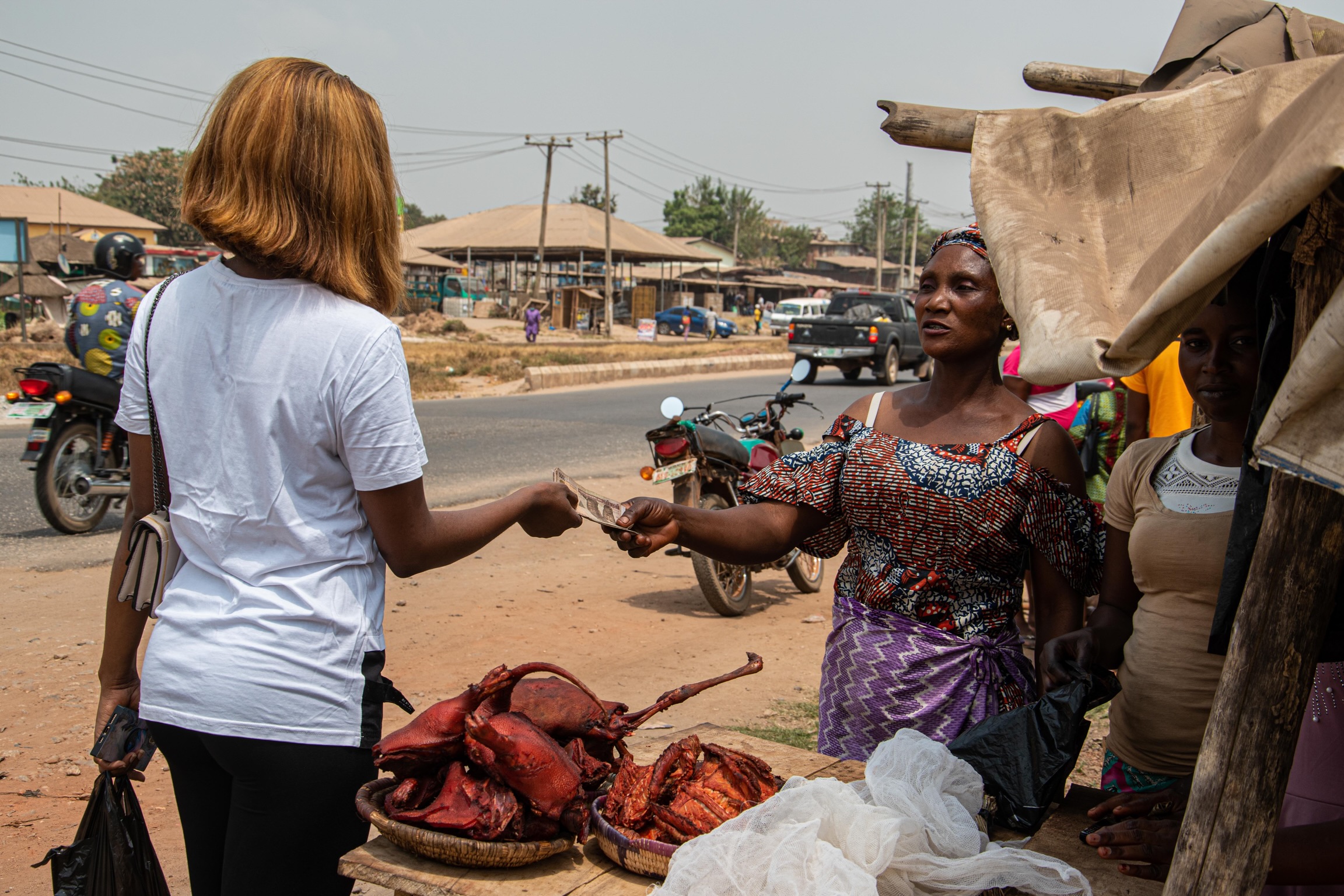Why the Complexity of African Economies Require a Creative Lens.
 |
| Credit: Pexels.com |
The African continent is a unique and vibrant place, full of rich cultures, diverse communities, and a kaleidoscope of experiences. But when it comes to conventional economic theories, it seems like the beauty of Africa is lost in translation. The traditional paradigms of economics don’t seem to fit the colorful, complex, and dynamic African economy. So, let’s take a moment to examine why the conventional concept of economics isn’t applicable to Africa, and how we can inject a little creativity and imagination into economic analysis.
When we talk about the economy, it’s easy to slip into the language of numbers, charts, and graphs. We reduce human experiences and interactions into neat little packages and forget that economies are living, breathing entities, shaped by history, culture, and context. This is especially true in Africa, where societies are often shaped by centuries of tradition and cultural practices. Economic rationality, as defined by traditional economics, just doesn’t cut it in this context. After all, can we really quantify the value of a community’s shared cultural heritage, or the importance of social capital in a tightly-knit village?
To truly understand the African economy, we need to shift our perspective and start thinking creatively. Rather than relying on rigid frameworks and formulas, we need to embrace the messiness and complexity of real-life economic systems. This means incorporating qualitative data, personal narratives, and cultural practices into our analysis.
One example of the limitations of conventional economic theories in Africa is the concept of the “resource curse.” This theory suggests that countries with abundant natural resources tend to have weaker economic performance and lower levels of development. However, scholars like Paul Collier and Jeffrey Sachs argue that this theory oversimplifies the complex relationship between natural resources and economic development. In their view, it is not the presence of natural resources that hinders economic growth, but rather the lack of effective governance and institutions to manage these resources in a sustainable and equitable way.
Also, If you have lived in Africa, you will agree with me on the immense importance of informal economies in many African countries. However, traditional economic theories might dismiss these informal markets as “unproductive” or “inefficient”, but in reality, they are the backbone of many local economies. From street vendors selling fresh produce to informal lenders providing microfinance (Esusu), these economies are often more responsive to local needs than formal markets and provide vital sources of income and livelihoods to millions of people. Scholars like Hernando de Soto have argued that informal economies are not a sign of weakness or backwardness, but rather a manifestation of the ingenuity and resilience of entrepreneurs in the face of institutional barriers and market failures.
Moreover, the impact of colonialism on the African economy cannot be ignored. Conventional economic theories might ignore or overlook the long-lasting effects of colonial policies such as land dispossession, forced labor, and resource extraction. However, economic historians like Walter Rodney and Amartya Sen argue that the legacy of colonialism continues to shape economic realities in Africa today, perpetuating inequality and hindering development. To truly understand the African economy, we need to take into account the historical and cultural context in which economic systems have developed.
Ultimately, the African economy is a complex and dynamic system, shaped by history, culture, and context. To fully understand and harness its potential, we need to approach it with creativity and imagination and be willing to challenge conventional economic theories and paradigms. By incorporating diverse perspectives and engaging with local communities, we can create a more vibrant, inclusive, and sustainable economy for all.